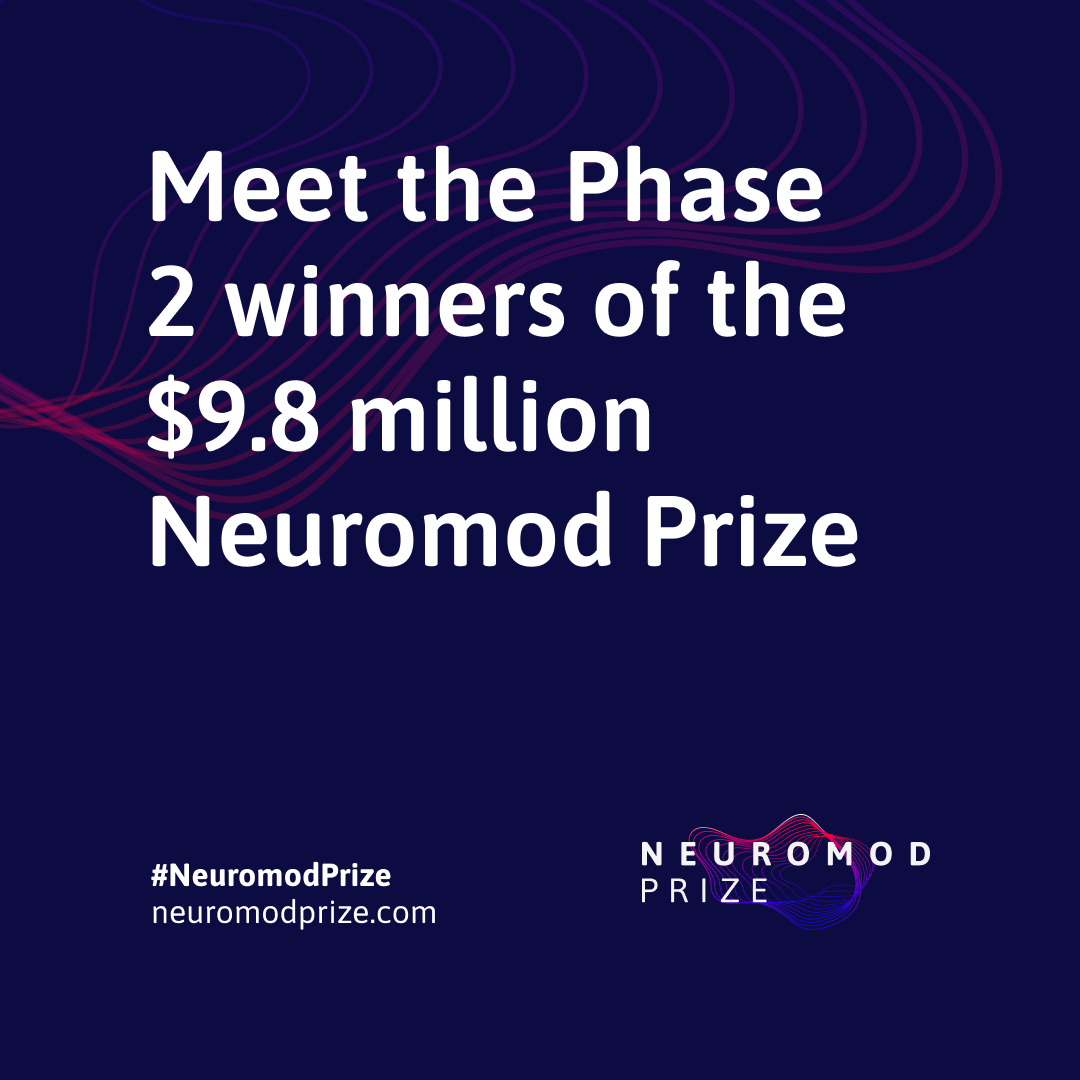Research Team Progresses to Final Phase in NIH Competition, Pioneering Autonomic Neuromodulation to Expand Applications for Spinal Stimulation
Kessler Foundation, University of Louisville, and Johns Hopkins Applied Physics Lab (with the support of Medtronic), are one of the four teams to win Phase 2 of the Neuromod Prize, a competition sponsored by the National Institutes of Health
East Hanover, NJ – March 21, 2024 – Marking significant progress towards improving the lives of individuals with spinal cord injuries, Kessler Foundation, University of Louisville, and John Hopkins Applied Physics Laboratory (with the support of Medtronic) have collaboratively won the $1,000,000 prize for Phase 2 of the Neuromod Prize for their project titled, “Neuromodulation of the lumbosacral spinal cord for improvement of autonomic function after spinal cord injury.” With this win, the team advances to compete for the Phase 3 prize pool of $5 million.
“The Neuromod Prize is a three-phase competition of the National Institutes of Health (NIH) Common Fund’s SPARC (Stimulating Peripheral Activity to Relieve Conditions) program that seeks to reward and spur the development of solutions for targeted neuromodulation therapies. Phase 1 called for innovative therapy concepts and development plans, leading to Phase 2's proof-of-concept studies by the eight selected teams. On February 27, 2024, the NIH announced the four Phase 2 victors, marking a breakthrough moment in neuromodulation research.

“Being among the winners for Phase 2 is exciting news for our team,” said Gail Forrest, PhD, director of the Tim and Caroline Reynolds Center for Spinal Stimulation and associate director of the Center for Mobility and Rehabilitation Engineering Research at Kessler Foundation. The team’s successful proof of concept showed the potential for a novel, tablet-type controller called StimXS, designed to help individuals with implanted epidural stimulators compensate for lost autonomic function.
“Spinal cord injury affects much more than a person’s motor function,” Dr. Forrest explained. “The person with spinal cord injury may also sustain damage to the autonomic nervous system, which disrupts a host of involuntary functions that endanger health and safety and diminish their quality of life. Our goal for StimXS is to enable the person with spinal cord injury to use the controller to empty their bladder and control their blood pressure and breathing, as well as move their limbs,” she added.
“The advance of this project to Phase 3 of the Competition is welcome news for individuals living with spinal cord injury and their caregivers,” said Steven Kirshblum, MD, co-director of the Reynolds Center and chief medical officer of Kessler Foundation and Kessler Institute for Rehabilitation, a Select Medical hospital. “Applying new technologies to enhance self-management is the path to greater independence and quality of life after spinal cord injury,” he emphasized. “Most importantly, what we are learning and sharing about neuromodulation through this Competition will influence new approaches to treating other types of disabling autonomic dysfunction.”
About Kessler Foundation
Kessler Foundation, a major nonprofit organization in the field of disability, is a global leader in rehabilitation research. Our scientists seek to improve cognition, mobility, and long-term outcomes, including employment, for adults and children with neurological and developmental disabilities of the brain and spinal cord including traumatic brain injury, spinal cord injury, stroke, multiple sclerosis, and autism. Kessler Foundation also leads the nation in funding innovative programs that expand opportunities for employment for people with disabilities. We help people regain independence to lead full and productive lives. For more information, visit KesslerFoundation.org.
In addition to recognition by the NIH Common Fund, Kessler Foundation’s spinal stimulation research has received private and public support, including the Tim and Caroline Reynolds Foundation, the Reeve Foundation, the Craig H. Neilsen Foundation, the Helmsley Charitable Trust, the New Jersey Commission on Spinal Cord Research, and federal grants.